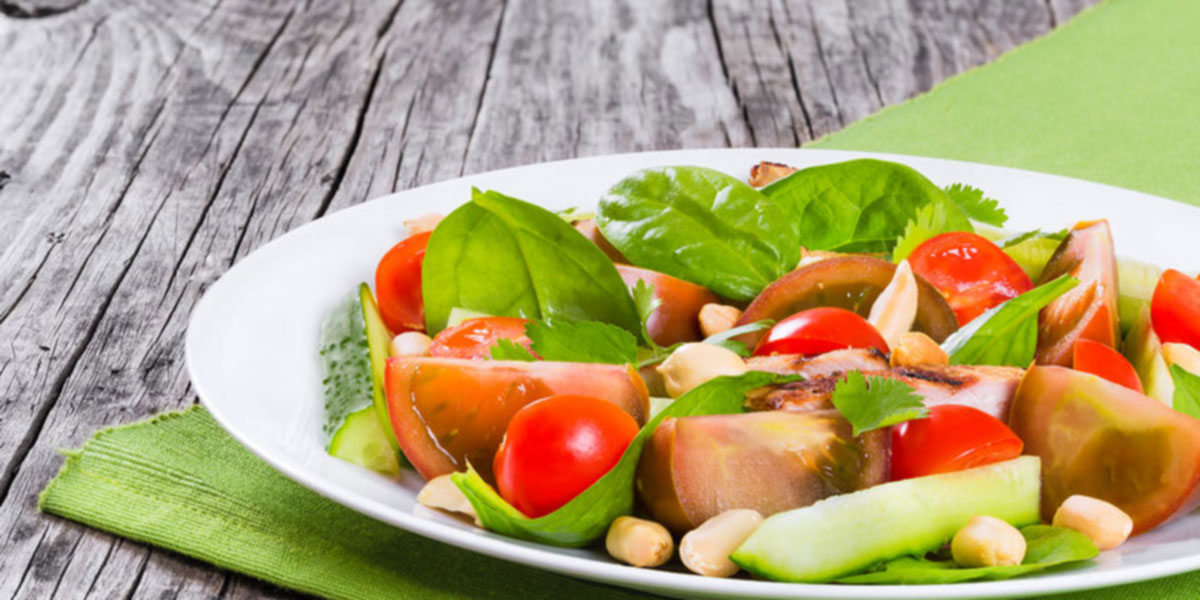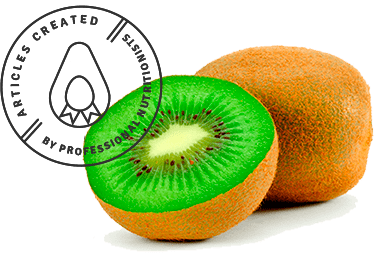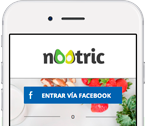What is the Paleo diet?

Many people can see the logic behind the Paleo diet: humans are animals genetically designed to eat foods found in nature, not to have mobile phones, travel by train or drink tea with fruit caviar.
Nevertheless, there are things we must comment on about any trendy diet, even if they aren't harmful:
- Positive aspects:
-The diet must be based on vegetables. More and more scientific studies confirm the error in basing the food pyramid on carbohydrates (rice, bread, potatoes, pasta, grains, etc.). Vegetables are very healthy, given their high fibre, vitamin and mineral content, as well as alleviating possible negative effects of other foods (for example higher cholesterol from animal fats).
-Encouraging consumption of nuts. Their properties from fibre and mineral content and quality fats and proteins are great. Despite being high in calories, their composition means less fat is stored in the body than other foods with the same number of calories (for example, sugary foods).
-Avoid processed foods and alcohol. The huge global impact of fast food, sweets and soft drinks is clear. They are one of the main causes of overweight individuals and obesity (as well as associated conditions, such as diabetes) in the Western world.
- Negative aspects:
-Eating fruit. This diet prioritises the consumption of proteins (meat, fish and eggs) over fruit. Fruit (except for some cases like coconut) should be eaten every day as part of a balanced diet, as fruit has properties equivalent to those of vegetables and must therefore be eaten just as often.
-Doesn't include dairy products, as no animals were raised for these purposes at that time so these products weren't available.
-Eating high-protein foods. Although they are necessary or difficult to replace in a healthy diet (high-quality proteins and iron, for example) we shouldn't eat too much meat. On one hand, eating too much of this type of food can lead to health problems like kidney failure and increase risk of colon cancer. Plus, production causes environmental issues of global contamination. Consumption levels seen in Western countries wouldn't be feasible on a global level, as it takes 10 times more energy to produce these animal-based food products than plant-based products.
-Doesn't include grains or any food made from grains (pasta, rice, cereal, etc.) or legumes, which limits the minerals and vitamins we would normally get from them. Plus, it limits carbohydrate intake, which can lead to irritability and fatigue in some individuals. Above all if we go from "normal" eating habits, in which most of the energy consumed comes from this type of food.
-Obtaining energy by burning fat produces what is called a ketogenic state, which can be harmful and make some people feel poorly. As we mentioned in the previous point, above all if you suddenly change to this type of eating habits.
There are different opinions and studies have been done on this specific type of eating. What is clear is that you cannot go from today's eating habits to those of our ancestors from one day to the next. We live in a time when it is possible to eat a wide variety of healthy foods, plus our lifestyle is totally different and we must adapt our eating habits to it. Always prioritising fresh, non-processed foods.




